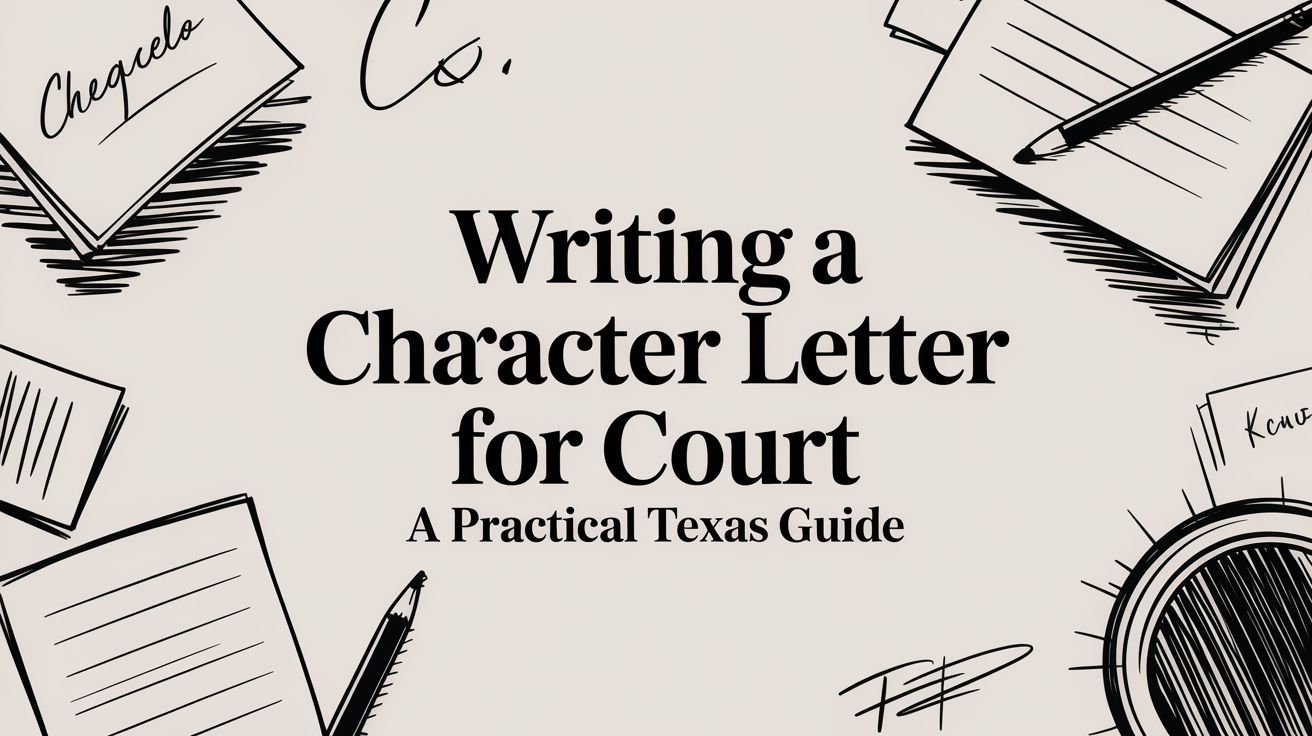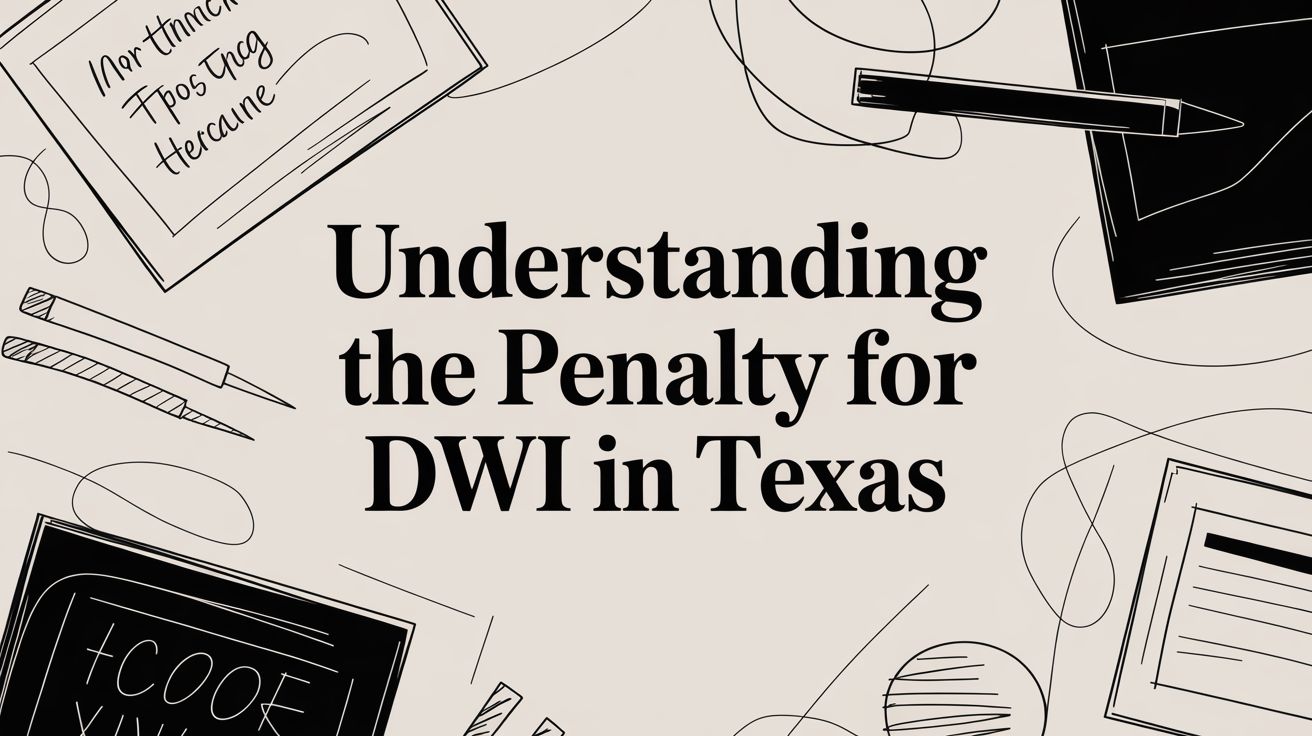Understanding DWI Charges in Texas
DWI charges in Texas can have serious legal implications, including hefty fines, license suspension, and even jail time. It is vital for individuals facing these charges to understand the legal framework surrounding them, including the blood alcohol concentration (BAC) limits and the penalties for different levels of offenses.
In Texas, a first-time DWI offense is classified as a Class B misdemeanor, which can result in a jail sentence of up to 180 days and fines reaching $2,000. Subsequent offenses escalate to more severe charges, emphasizing the importance of legal representation to navigate the complexities of the law effectively.
Common Defenses Against DWI Charges
Defending against DWI charges requires a comprehensive understanding of both the law and the specific circumstances surrounding each case. Common defenses may include challenging the legality of the traffic stop, questioning the accuracy of breathalyzer tests, or demonstrating that the driver was not impaired at the time of arrest.
For instance, if the arresting officer did not have probable cause to stop the vehicle, any evidence obtained during the stop may be deemed inadmissible in court. Additionally, medical conditions or specific medications can impact breathalyzer results, providing further avenues for defense.
The Importance of Legal Representation in DWI Cases
Having skilled legal representation is crucial when facing DWI charges. An experienced attorney can provide invaluable guidance throughout the legal process, ensuring that the rights of the accused are protected and that they receive a fair trial.
Attorneys specializing in DWI cases can negotiate plea deals, potentially reducing charges or penalties, and can also represent clients during hearings and trials. Their expertise helps clients understand the implications of their charges and the best strategies for a successful defense.
Resources for Individuals Facing DWI Charges
Individuals facing DWI charges should be aware of available resources that can assist them in navigating the legal process. These resources may include legal aid organizations, support groups, and informational websites that provide guidance on DWI laws and procedures.
Additionally, many law firms offer free consultations to discuss potential defense strategies and the specifics of a case. Utilizing these resources can empower individuals to make informed decisions about their legal representation and the steps they need to take moving forward.
Understanding DWI Charges in Texas
DWI charges in Texas can have serious legal implications, including hefty fines, license suspension, and even jail time. It is vital for individuals facing these charges to understand the legal framework surrounding them, including the blood alcohol concentration (BAC) limits and the penalties for different levels of offenses.
In Texas, a first-time DWI offense is classified as a Class B misdemeanor, which can result in a jail sentence of up to 180 days and fines reaching $2,000. Subsequent offenses escalate to more severe charges, emphasizing the importance of legal representation to navigate the complexities of the law effectively.
Common Defenses Against DWI Charges
Defending against DWI charges requires a comprehensive understanding of both the law and the specific circumstances surrounding each case. Common defenses may include challenging the legality of the traffic stop, questioning the accuracy of breathalyzer tests, or demonstrating that the driver was not impaired at the time of arrest.
For instance, if the arresting officer did not have probable cause to stop the vehicle, any evidence obtained during the stop may be deemed inadmissible in court. Additionally, medical conditions or specific medications can impact breathalyzer results, providing further avenues for defense.
The Importance of Legal Representation in DWI Cases
Having skilled legal representation is crucial when facing DWI charges. An experienced attorney can provide invaluable guidance throughout the legal process, ensuring that the rights of the accused are protected and that they receive a fair trial.
Attorneys specializing in DWI cases can negotiate plea deals, potentially reducing charges or penalties, and can also represent clients during hearings and trials. Their expertise helps clients understand the implications of their charges and the best strategies for a successful defense.
Resources for Individuals Facing DWI Charges
Individuals facing DWI charges should be aware of available resources that can assist them in navigating the legal process. These resources may include legal aid organizations, support groups, and informational websites that provide guidance on DWI laws and procedures.
Additionally, many law firms offer free consultations to discuss potential defense strategies and the specifics of a case. Utilizing these resources can empower individuals to make informed decisions about their legal representation and the steps they need to take moving forward.











